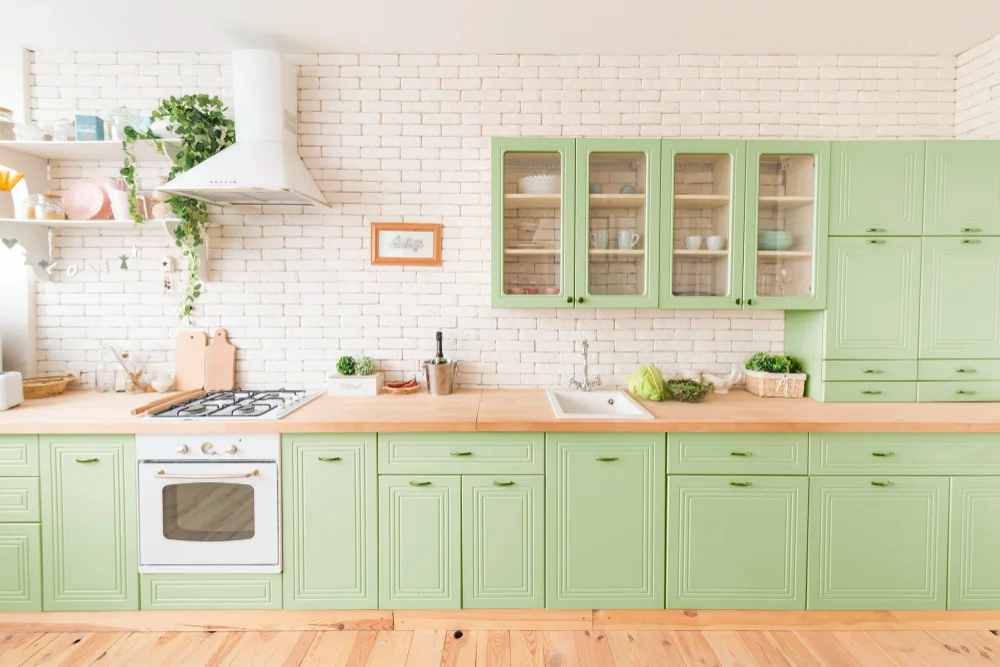As a homeowner in Australia, you know how important it is to make sure your kitchen safe. Your kitchen is one of the busiest places in your home, with a constant stream of cooking and cleaning happening all the time. It’s also one of the most dangerous places, with sharp knives, hot surfaces, and dangerous chemicals all in close proximity. Luckily there are plenty of things you can do to improve the safety of your kitchen for everyone. In this post, we’ll share some tips for keeping your kitchen safe and secure, so you can enjoy your time in the kitchen without worrying about accidents or injuries, especially for kids or pets who are far more likely not to see an accident coming.
The first step in keeping your kitchen safe is to keep it clean. A clean kitchen is less likely to attract pests, and is also easier to navigate. Be sure to clean up spills and messes immediately, and sweep or vacuum the floor regularly. Wipe down countertops and appliances with a disinfectant cleaner, and wash your dishes and utensils regularly.
Organising your kitchen is another key step in keeping it safe. Keep your knives and other sharp objects in a knife block or drawer, and store cleaning chemicals and other hazardous materials out of reach of children and pets. Make sure your pots, pans, and other cooking utensils are easily accessible, and that your appliances are kept in good working order.
Using the right equipment can also help keep your kitchen safe. Make sure you have a fire extinguisher and smoke detector in your kitchen, and that they are in good working order. Use oven mitts or potholders to handle hot dishes and pots, and use cutting boards to protect your countertops and knives. Make sure your appliances are properly grounded, and that cords are not frayed or damaged.
Cooking can be one of the most dangerous activities in your kitchen, but there are steps you can take to minimise the risks. Always use a timer when cooking, and never leave food unattended on the stove or in the oven. Turn pot handles inward to prevent accidental spills and also keep them out of the reach of kids, and use a splatter screen when frying or sautéing. Make sure your food is properly cooked before serving, and store leftovers promptly in the refrigerator. Whilst cooking techniques are beyond the scope of this article, it goes without saying that moving pots or pans that are hot or full of oil or liquids should always be done with great care.

